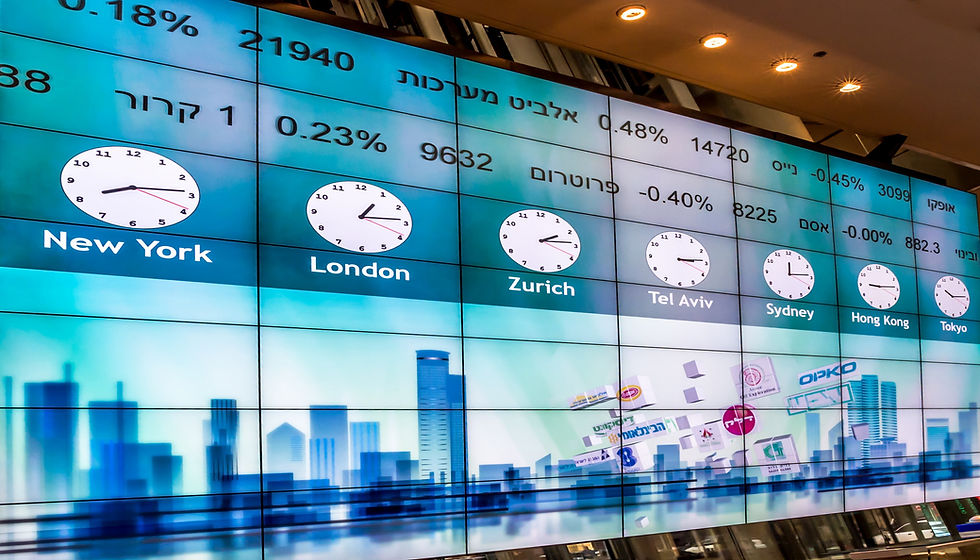The '10 Year Rule' and Investing in Israel
- Gadi Last
- Apr 3, 2017
- 3 min read

Eye-popping technological advances, military prowess, a stable banking system, a “country full of prime ministers” and a business attire consisting of jeans and sandals - there are many characteristics that set the State of Israel apart from other countries!
Nowhere is this felt more than the active encouragement of inbound immigration ('Aliyah') that has characterised Israel since its renewed independence in 1948. Be it due to external forces such as the persecution of Jews in Europe and the Middle East, internal demographic needs, or ideological and economic reasons, Israel is very much a country of immigrants ('Olim'). Encouraging this immigration has taken the form of major operations, such as Operation Magic Carpet between June 1949 and September 1950, or the Russian Aliyah of the 90s, as well as smaller actions such as tax breaks and free language classes for new ‘Olim’.
One of the better known, and most significant tax breaks for olim who are moving to Israel after accumulating assets over their lifetime is ‘The 10 Year Rule’. In broad terms, the 10 year rule allows new citizens not to have to pay tax in Israel for ten years on returns received from assets held outside of Israel. After the 10 years are over (this happened for the first time a few months ago when this Law became 10 years old) olim are taxed in Israel on their worldwide income, like regular Israeli-born citizens.
Without wanting to get in to all of the technical details of the rule, there is one aspect about the rule which seems to be lesser known, and can often be of great advantage to people making Aliyah. This is that foreign currency deposits and international investment portfolios are likely to be tax-free in Israel even if you hold them through an Israeli institution or bank account. Put in more formal terms, non- Shekel cash deposits and many non-Israeli financial investments, such as shares, bonds, funds, etc are also income and capital gains tax-free when held through an Israeli institution.
So, someone moving to Israel who either already has an investment portfolio, or would like to start one, gets the same 10 year tax benefits if they do so in Israel as if they were to hold this portfolio or cash deposit overseas. Furthermore, when held through a bank account, the 10 year rule is automatically accounted for, and interest, income and gains will generally be paid in to the account gross.
Many olim have a tendency to leave most of their financial assets outside of Israel, bringing over only what they need in order to cover their regular expenses. Each individual case has its own circumstances and nuances, and indeed there could be many other factors at play that make this the right thing to do. Often, however, taking advantage of the 10 year rule is the main reason for doing so, and this stops people from gaining potential benefits of having their assets in Israel, such as:
Ease of access
Assets are in the same time zone
Ability to use and meet regularly with a local financial adviser or portfolio manager
Potential low cost set up (no need for expensive structure or products)
Easy ability to view consolidated financial position
Ease of converting foreign currency to Shekel as needs arise
For anyone who wants to explore this option further and would like guidance, please contact us here.



































Comments